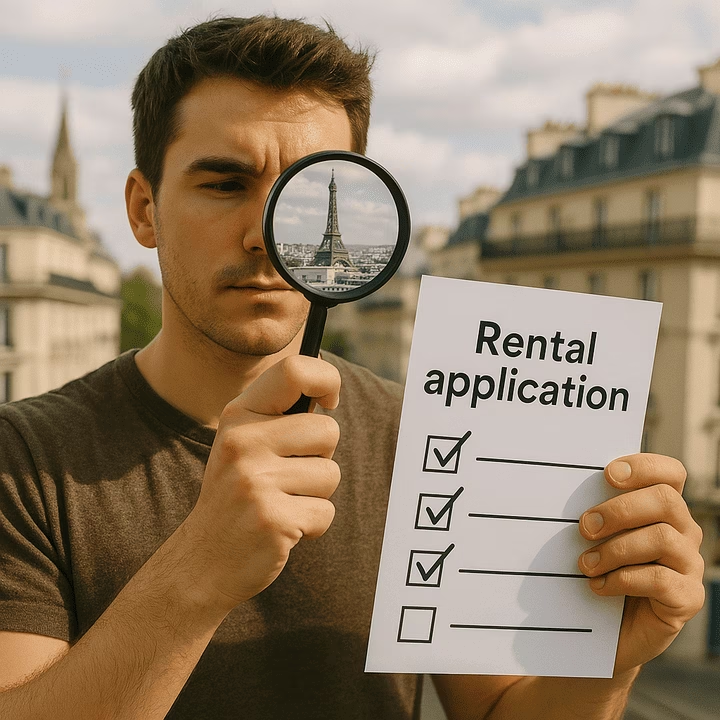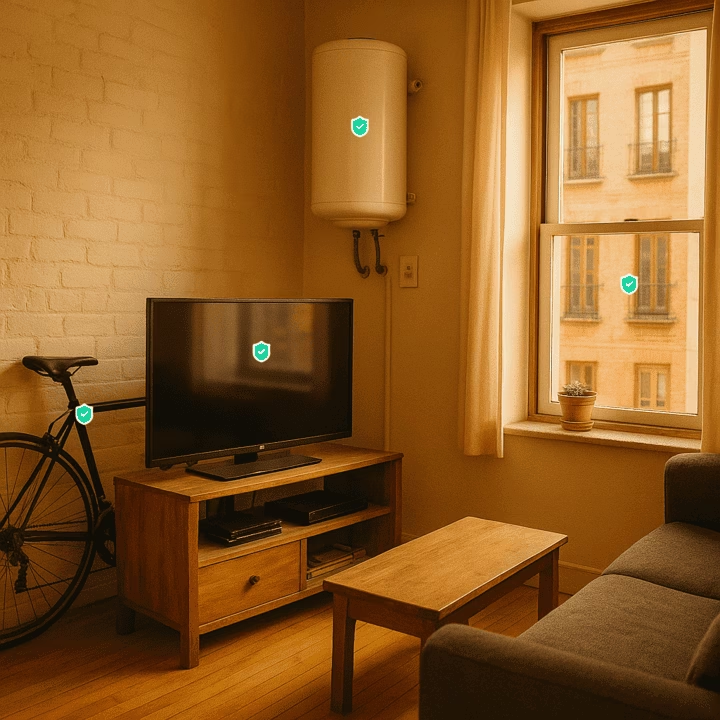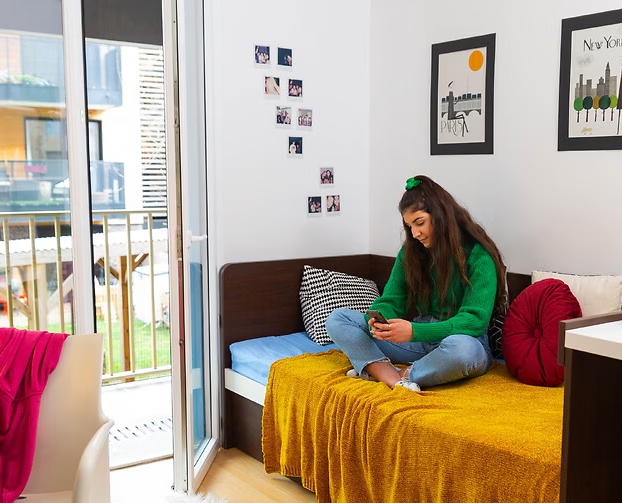🔎 Recap
No time to read everything? Here’s what you need to know about utilities in France:

Introduction
When moving into a new place in France, there are a few things you’ll need to take care of to make your home comfortable and functional. Depending on your type of accommodation, some charges might be included in your rent, while others will be your responsibility—and require you to open contracts yourself.
Before settling in, it’s important to understand what’s covered by your rent and what you’ll need to manage on your own: electricity, gas, internet, housing tax… Each service comes with its own providers and specific process.
In this article, we walk you through how to set up your energy and internet contracts, which providers are worth checking out, and how to avoid common pitfalls.
Ready? Let’s go! ☺️
Included Charges vs. Personal Subscriptions: What’s the Difference?
When you rent a place, your lease might say “charges comprises” (charges included). That means some regular costs are already bundled into your monthly rent.
Generally, included charges cover:
- Cold water (and hot water if the building has collective heating)
- Maintenance of shared areas (elevator, cleaning, hallway lighting, gardens…)
- Waste collection tax (for garbage removal)
But keep in mind, some expenses are usually not included and must be handled separately:
- Electricity and/or gas: you’ll need to open your own contract.
- Internet: rarely included, unless you’re in student housing.
- Housing tax (taxe d’habitation): this is being phased out for most students, but can still apply in some cases.
💡 Before signing your lease, always ask the landlord exactly what’s included. If possible, try to speak with the previous tenant too—it can save you a lot of surprises later on.
Start planning your stay in France with the Student Hub 🙌

Electricity and Gas: How to Open a Contract
In France, it’s up to the tenant to open their electricity and gas contracts. Some student residences include energy in the rent, but in most cases, you’ll need to take care of it yourself.
Who provides energy in France?
Historically, EDF has been the main electricity supplier, and GDF (now called Engie) used to handle gas. But the market has opened up, and today there are plenty of alternative providers offering competitive and flexible plans.
Here are some of the most common energy providers:
- EDF (and its sub-brand SoWee)
- Engie (formerly GDF Suez)
- Octopus Energy (one of the few with English-speaking support)
- TotalEnergies
- Vattenfall
- Ohm Énergie
- Ilek (local green energy)
- Mint Énergie
💡 Good to know: No matter which provider you choose, the same national network is used (Enedis for electricity, GRDF for gas), so the quality of service is identical. The real differences lie in pricing, options, and customer support.
How much does it cost?
For a small apartment or studio, expect to pay around €40–60/month. Your costs depend on:
- How much energy you use (especially if you have electric heating)
- The type of plan you choose (fixed rate, off-peak hours, green energy, etc.)
Our recommendations
- If you’re more comfortable in English: Octopus Energy is a solid option with English-language support.
- If you speak French (or feel confident using a translator): most other providers have great offers available online.
Our complete guide to utilities in France

Internet: What’s the Best Option Based on Your Stay?
A good internet connection is essential—whether you need it for studying, staying in touch with family, or binge-watching Arcane. But how much does it cost? And what plan should you get?
It all depends on how long you’re staying in France.
Short stays (under 3 months)
Skip the home Wi-Fi box—it’s not worth it. Between the installation delays (1 to 3 weeks) and cancellation fees (about €50), it’s too much hassle.
Instead, go for a mobile data plan with plenty of gigabytes. You can use your phone as a hotspot and stay connected easily.
Some great options:
- Lebara: 200+ GB for around €15/month
- Red by SFR: 100 GB for around €10/month
It’s simple, affordable, and easy to set up—especially if you need internet right away.
Longer stays (3+ months)
If you’re here for a longer period, getting a home Wi-Fi box is a better deal. You’ll enjoy a faster, more stable connection—plus access to 200+ TV channels, which can help you improve your French!
Here are the main providers to consider:
- Sosh (subsidiary of Orange): no long-term contract, reliable network
- Red by SFR: low prices, no commitment
- Free: good value for money
- Bouygues Telecom: also offers 4G/5G boxes if fiber isn’t available
- Orange: more expensive, but very reliable
💡 Check your address for fiber eligibility before signing up. Also, keep in mind that installation may take 3 to 21 days, so plan ahead!
📝 Note: Most of these websites (like energy providers too) are only available in French. If needed, use Google Translate or the built-in translation in Chrome to navigate.
Helpful Tips to Avoid Issues
- Ask what’s included in your rent: Get a detailed list of included charges from your landlord or the previous tenant.
- Compare offers: Prices and promotions change often—shop around before committing.
- Start early: Set up your contracts as soon as you move in to avoid delays.
- Cancel before you leave: Don’t forget to terminate your contracts to avoid surprise bills.
Happy moving! 🙌










